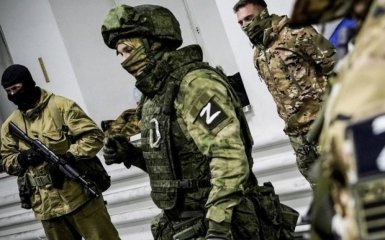On the temporarily occupied territory of Ukraine, locals watch the arrival of regular Kremlin mercenaries. In particular, the occupiers of the Russian Federation are bringing there militants from Cuba and Nigeria.
Russia uses recruited mercenaries in the war against Ukraine
The Central Security Service informs that foreign fighters are trained at local training grounds. The mercenaries are taught by Russian instructors, former members of the Wagner terrorist group.
Russia actively recruits cannibals from the poor countries of the world, where it has extensive agent networks, because empires always wage their colonial wars with the hands of foreign peoples, the NRC emphasises.
It is noted that mercenaries from other countries receive higher payments than Russians.
Russia recruits mercenaries in various countries
In the summer of 2023, it became known that Nepali residents who came to the Russian Federation to study were being recruited for the war against Ukraine. The main argument for making such a decision is money.
In Dec. 2023, Nepal issued an official statement calling on Moscow to stop recruiting its citizens for the war and to return the bodies of those who had already died.
A mercenary of the Russian army from Somalia, Muhammad Adil, was captured by AFU at the beginning of Jan. 2024. Online.ua journalists asked the captured foreigner why he came to Russia, how he got into the occupying army, how much he trained before he got to the front line, and which of his decisions he regreted.
After arriving in the Russian Federation, he got a job at a factory but soon saw an advertisement for the Russian army on the street and signed a contract on Dec. 3, 2023.
In less than a month, on Jan. 4, 2024, he found himself on the front line in the territory of Ukraine.




